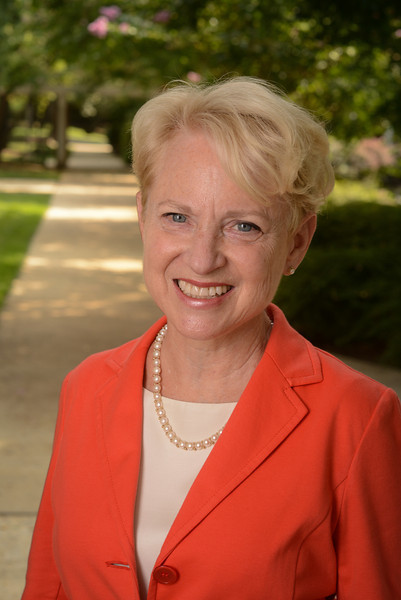Robinson Professor of Criminology, Law and Society Laurie Robinson had Senator Jim Webb come to her Honors College class to discuss his past plans at assembling a new crime commission, the current debates in American criminal justice circles, and his unique political viewpoint on crime and society.





